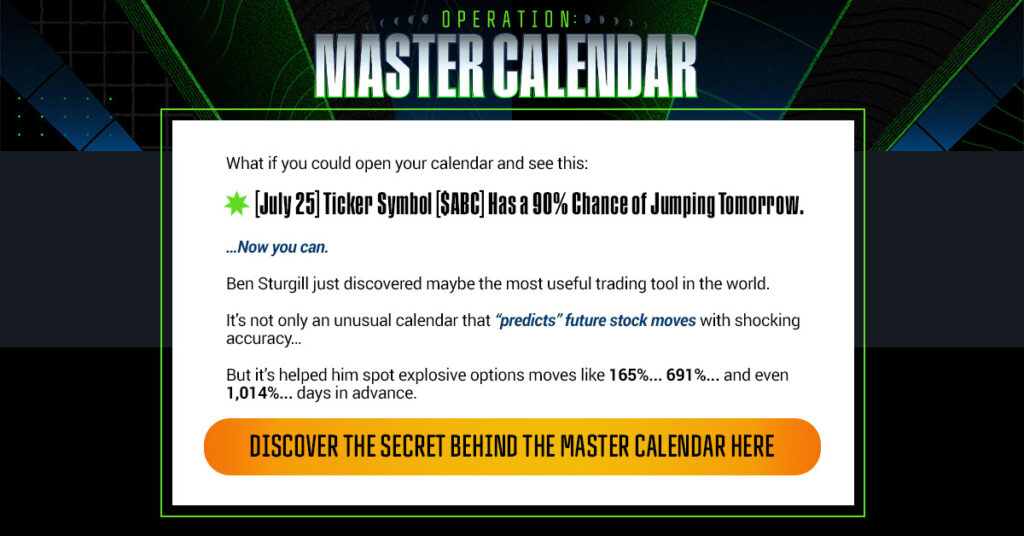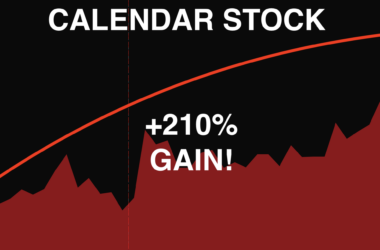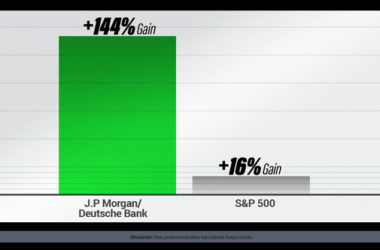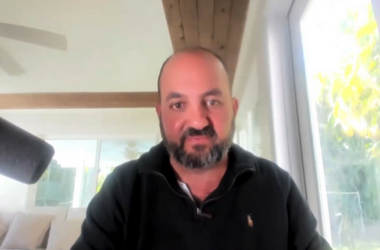Happy Monday, traders…
Jeff here.
You’ve probably noticed that I usually only alert one trade at a time. This approach may seem unconventional, especially in an industry where a certain mantra is often repeated…
The other day, I heard a guy on CNBC say, “You need to diversify to succeed in the stock market…”

While that advice might be well placed with long-term investors, it’s a different ball game for traders.
Diversification isn’t just unnecessary for traders — it can actually be detrimental to your performance.
As an options trader, your focus is capturing specific moves in individual stocks.
When you spread your trades across too many names, you dilute your potential gains, your attention gets divided, and you might miss the critical moves that make (or break) your trades.
Today, I’ll show you three clear reasons why diversification is overrated for traders (and explain why the general consensus might steer you in the wrong direction)…
You’ll Focus on Too Many Positions At Once
Short-term trading requires much more attention than passive investing.
And this is even more true in the options market. Managing a diversified portfolio of short-term options can be extremely complex.
Unlike long-term investments, options require close monitoring and quick decision-making.
Each contract has its own set of variables, such as a strike price, expiration date, and ‘The Greeks.’
Keeping track of these variables across a diverse range of options can be challenging and time-consuming.
If you diversify too much as a trader, you’re throwing darts. It’ll be hard to pay attention to the play that matters most.
Here’s another example…
I love playing poker. In online poker, you can play multiple tables at once.
But for beginners, this is incredibly overwhelming. You must understand the strategy of every hand on every table simultaneously.
This is exactly what happens when traders focus on too many positions at once, it’s like multi-tabling several poker hands.
Your focus will invariably shift from position to position, leaving you at risk of missing the best play of the day.
This is why I want you to stop diversifying and start trading the best setups only.
You Can’t Get Aggressive on Perfect Setups
Let’s say you’ve diversified your trading. You have five open positions, each making up 20% of your portfolio…
Then, in the middle of those trades … an even more ideal setup comes across your screen.
Your capital is tied up, so what do you do?
You’ll have to make a decision … cut the trades you’re already in to enter the new setup, or miss the intriguing new play entirely.
This is called opportunity cost — what you give up when you choose one thing over another.

As an options trader, understanding this can make a huge difference in how you execute (and manage) your trades.
Opportunity cost creates serious problems for traders — affecting decisions, tying up resources, and playing with our emotions.
These positions might come at the cost of missing out on more lucrative, focused trades.
This isn’t ideal. It would be much better to avoid the five so-so trades entirely and get aggressive on the very best one.
You’re Subject to Higher Transaction Costs
Unlike trading common shares, options trading usually isn’t free — there are broker commissions involved.
Some platforms are exceptions, like Robinhood, which offers free options trading (at the cost of using a mediocre platform).
But if you want to avoid Robinhood, you’ll most likely pay between $0.40-$0.65 per contract.
This might not sound like a lot, but it adds up quickly, especially if you’re trading dozens of positions.
If you’re trading a small account, paying $0.65 for hundreds of contracts will eat up your capital faster than you imagine.
So, even beyond the opportunity cost you may take on by trading too many contracts, you have to pay additional upfront commissions.
Diversifying too much as a trader can cost you opportunity, capital, and mental capacity.
Passive investing is easy — that’s why everyone and their Grandma does it.
If you wanna make boring, 9% annual returns — simply buy an index fund and forget about it.
But, if you’re reading this, you don’t want to be an index investor. Your goals are bigger than normal returns.
And to make extraordinary gains, you must exercise the extraordinary skill and discipline required to avoid diversifying too much.
Happy trading,
Jeff Zananiri
P.S. Think earnings results are a total mystery? Think again…
With the right approach and information, you can often predict whether a company will beat or miss earnings before the news breaks.
I’ve designed a specialized calendar system to leverage this earnings season for potentially enormous gains.
Example: This system recently anticipated a 91.2% earnings beat for Broadcom, leading to a 1,014% spike in its call options in under a day!*
Don’t miss the exclusive details I’ll share during Operation: Master Calendar on Thursday, July 25th, at 8 p.m. Eastern.
Seats are limited — Click here now to claim your spot before space runs out!
*Past performance does not indicate future results




